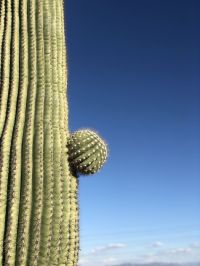15 facts about Lemon balm
Lemon balm has been known for more than two thousand years and was appreciated by the ancient civilizations of the Mediterranean basin. Despite the pa ...
10 facts about tomatoes
Red, green, yellow, orange, black. There are more than 10,000 cultivars of tomatoes, varying in shape, color, and flavor. Tomatoes originated in the A ...
22 facts about Trees
Trees are an important part of the Earth's ecosystem, providing habitats for many communities of living organisms. They stabilize soil, prevent desert ...
























